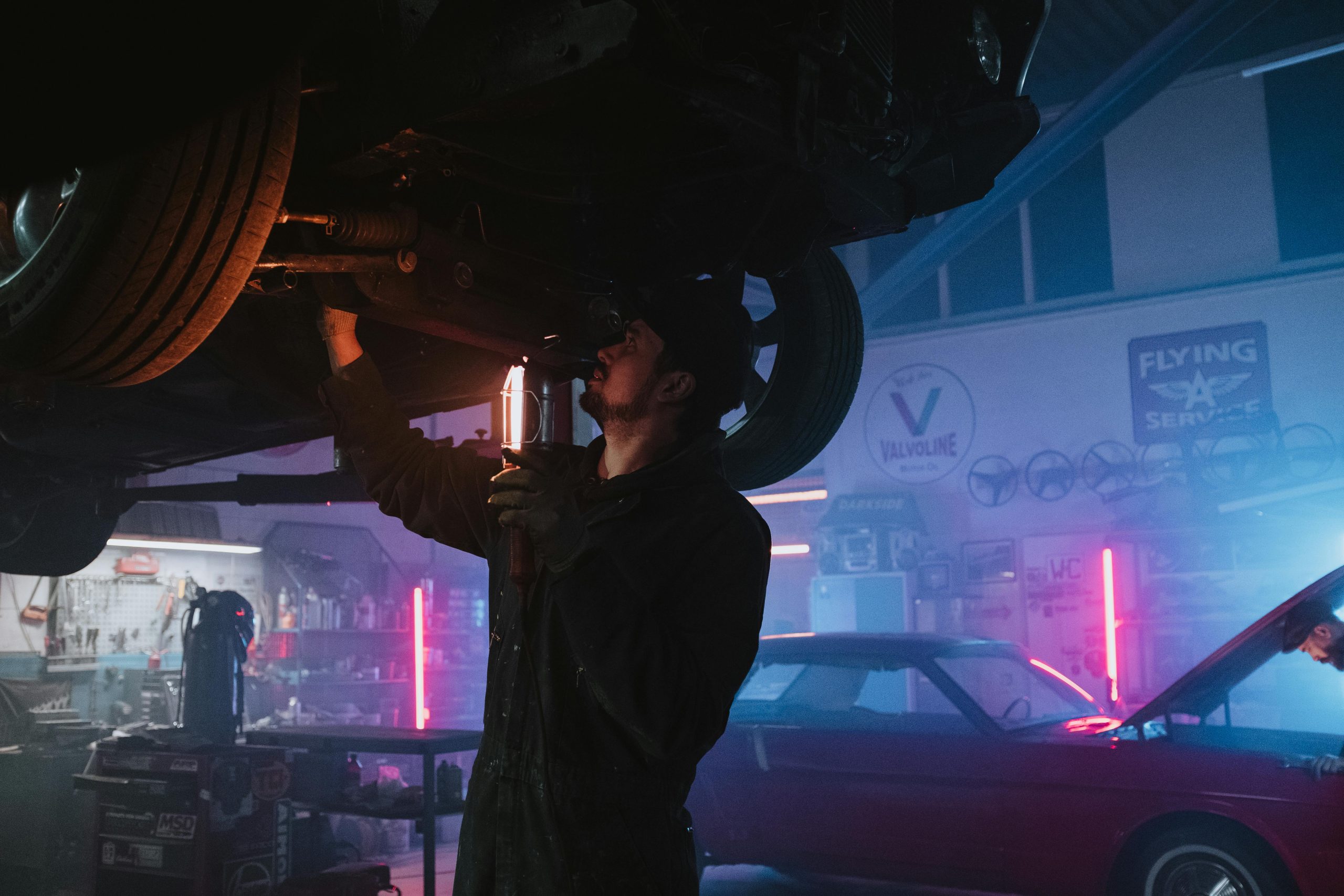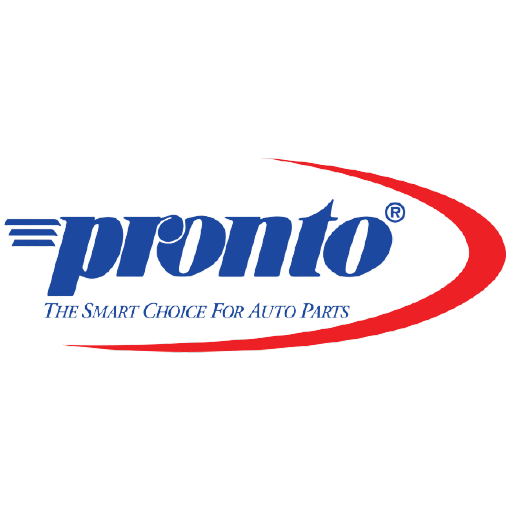With the changing seasons, it’s important for drivers to perform some maintenance tasks on their vehicles to ensure optimal performance and safety on the road. At the beginning of spring, it’s vital to check the tire pressure and ensure they are inflated correctly according to the manufacturer’s specifications. Visually inspect the tires for irregular wear or damage, and consider rotating them if necessary. Temperature changes can affect tire pressure, so it’s important to check it regularly. Check the level and quality of the engine fluids, including oil, coolant, and power steering fluid. Ensure to change the oil and replace any fluids that are dirty or low. With the help of a professional, inspect the condition of the brakes, including brake pads and discs. Ensure there are no signs of excessive wear or operational issues. It’s also important to wash and wax the exterior of the vehicle to protect the paint from the elements and clean the interior to remove dirt and winter residue while checking that the heating and air conditioning systems are functioning properly. All exterior and interior lights should function correctly, including headlights, taillights, brake lights, turn signals, and emergency lights, and the battery should be in good condition, with terminals clean and free of corrosion. If the battery is more than three years old, consider replacing it preventively to avoid cold start problems; at 8 Min Oil Change Auto Repair & Tire Center, you will find the advice you need. Additionally, in the summer… To prepare vehicles for summer, it’s essential to ensure that the coolant in the cooling system is at the proper level to prevent engine overheating on hot summer days. If necessary, top up the coolant and consider performing a flush if the coolant is dirty or old. It’s essential to test the air conditioning system to ensure it’s working correctly. If you notice any issues, such as lack of cooling or strange noises, have the system checked by a professional for repairs or refrigerant recharge. In addition to checking tire pressure, it’s crucial to use sunshades or blankets to protect the vehicle’s interior from heat and UV damage. Consider applying a treatment to protect interior materials from deterioration caused by sun exposure; also, it’s necessary to check that the battery is in good condition and the terminals are clean and free of corrosion. Summer heat can accelerate battery corrosion. Scheduling a comprehensive inspection at a trusted workshop like 8 Min Oil Change Auto Repair & Tire Center can help identify and address any potential issues before they become major problems.
Keeping Your Car in Optimal Condition
Keeping your vehicle in good condition not only ensures your safety on the road but can also help you save money in the long run by avoiding costly major repairs. Preventive maintenance is key to ensuring optimal performance and longevity for your car. Here are some important measures you can take to maintain your vehicle in top condition: Regular Oil Changes: Changing the oil is crucial for keeping your vehicle’s engine in good condition. It is recommended to change the oil and filter regularly according to the manufacturer’s recommendations or every 5,000 to 7,500 miles, depending on the type of oil used and driving conditions. Inspection and Replacement of Filters: In addition to the oil filter, it’s important to regularly check and replace other filters such as the air filter and fuel filter. These filters help keep the air and fuel clean, which contributes to engine performance and fuel efficiency. Tire Maintenance: Worn or under-inflated tires can negatively affect your vehicle’s traction, stability, and fuel efficiency. Make sure to regularly check tire pressure and visually inspect tread wear. Additionally, schedule regular tire rotations to ensure even wear. Brake Inspection: Well-maintained brakes are essential for your safety on the road. Conduct regular brake inspections and replace brake pads and rotors as needed. If you notice any squealing, vibration, or loss of effectiveness in the brakes, have them inspected immediately. Fluid Inspection: Regularly check the levels of brake fluid, coolant, power steering fluid, and transmission fluid, and top up as needed. Low fluid levels can cause serious issues with vehicle operation, so it’s important to keep them within recommended levels. Light Maintenance: Ensure that all exterior and interior lights of your vehicle are functioning properly. This includes headlights, taillights, brake lights, turn signals, and hazard lights. Replace any burnt-out bulbs immediately. Battery Inspection: Periodically check your vehicle’s battery to ensure it’s in good condition and that the terminals are clean and free of corrosion. If the battery is more than three years old, consider replacing it preventatively to avoid cold-starting issues. By following these preventive maintenance measures, you can keep your vehicle in optimal condition and reduce the risk of costly breakdowns and mechanical problems. Remember to also follow the manufacturer’s maintenance recommendations and schedule regular check-ups at a trusted workshop, such as 8 Min Oil Change Auto Repair & Tire Center, for comprehensive care of your car.
Prevention, Mechanical Inspection, and Automotive Safety
In recent years, automotive safety on United States roads has seen significant advancements, yet it still faces significant challenges. With increasing traffic and the constant evolution of vehicle technology, ensuring the safety of drivers, passengers, and pedestrians remains a key priority for authorities and car manufacturers. One of the main advancements in automotive safety has been the implementation of Advanced Driver Assistance Systems (ADAS). These systems use technologies such as sensors, cameras, and radars to provide alerts and assistance to the driver in risky situations, such as imminent collisions, unintentional lane changes, and blind spots. Additionally, advancements in passive safety technology, such as advanced airbags and occupant retention systems, have improved protection in the event of a collision. However, significant challenges persist in automotive safety; the prevalence of dangerous driving behaviors such as speeding, distracted driving, driving under the influence of alcohol or drugs, or neglecting vehicle maintenance are latent risks. To address these challenges, a comprehensive approach is needed that combines advancements in vehicle technology, public education on road safety, and improvements in road infrastructure. Regular mechanical inspection is crucial to ensuring safety on roads for several important reasons: Accident Prevention: Regular mechanical inspection can identify and correct mechanical problems before they become a threat to road safety. This includes issues such as worn brakes, worn tires, faulty lights, and damaged steering or suspension systems, among others. Proper Vehicle Maintenance: Regular mechanical inspection also helps ensure that the vehicle is in good overall working condition. This may include regular oil changes, fluid checks, brake adjustments, and other preventive maintenance tasks that are critical for optimal performance and vehicle safety. Increased Reliability: A vehicle that undergoes regular mechanical inspection tends to be more reliable on the road. This reduces the risk of unexpected breakdowns that may endanger the safety of the driver, passengers, and other road users. Regulatory Compliance: In many places, the law requires vehicles to undergo periodic safety inspections to ensure they comply with certain safety and emissions standards. Compliance with these regulations is important both for driver safety and to avoid fines and legal penalties. Regular mechanical inspection is essential for maintaining safety on roads by preventing accidents, ensuring proper vehicle maintenance, improving reliability, and complying with safety and emissions regulations. At 8 Min Oil Change Auto Repair & Tire Center, drivers can access all the essential services to drive more safely and reliably on the roads.







